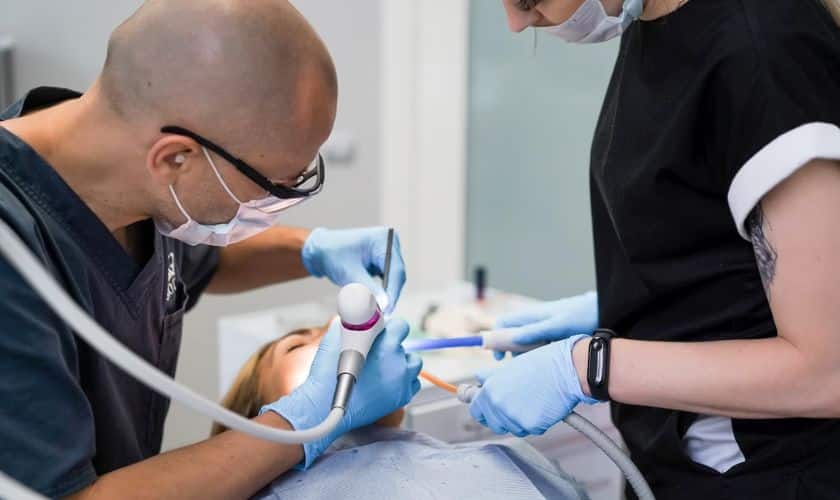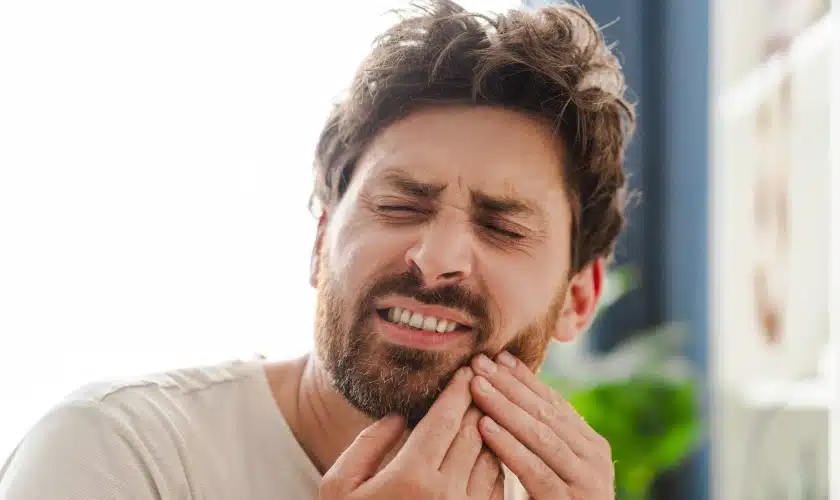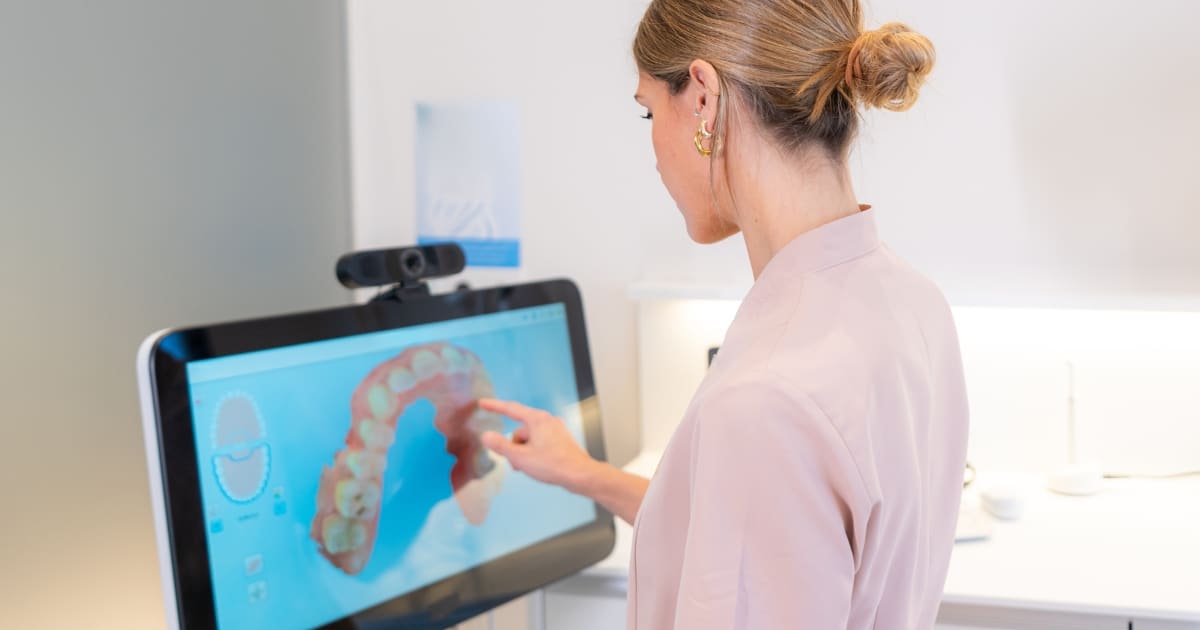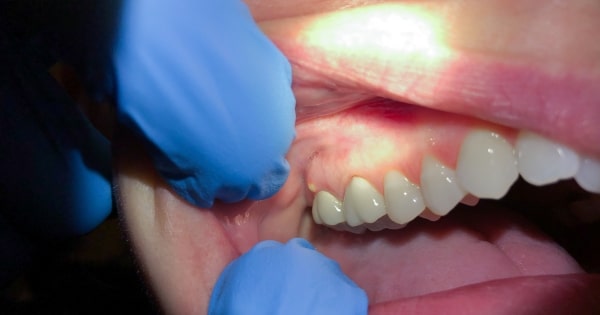
Ouch! Dental emergencies can happen at any time and they don’t discriminate. From a sudden toothache to a broken or lost tooth, dental emergencies require prompt attention from an emergency dentist. But what constitutes a dental emergency? And how can an emergency dentist help you in your time of need? In this blog post, we’ll explore common dental emergencies and discuss the services provided by emergency dentists to alleviate pain, and discomfort and ensure healthy teeth for long-term oral health. Read on to prepare yourself for any unexpected dental situation that may arise, and try to sit back and relax if possible.

Source: www.freepik.com
What Are Common Dental Emergencies?
Dental emergencies can happen to anyone at any time, and it’s important to be aware of the common ones so you know what to do if they occur.
- One such emergency is a severe toothache or pain in the jaw, which may indicate an infection or abscess.
- Another common dental emergency is a broken or chipped tooth, which can happen from biting down on something hard or sustaining an injury. This type of emergency requires prompt attention as it can cause further damage if left untreated.
- A knocked-out tooth is also considered a dental emergency. It’s important to try to save the tooth by placing it back into its socket immediately and seeking professional help right away. Ignoring this issue could lead to permanent damage and possible infections.
- In addition, bleeding gums that don’t stop after applying pressure for several minutes should not be ignored either. This could indicate gum disease or other serious issues that require urgent care from an emergency dentist.
Being aware of these common dental emergencies allows you to take appropriate action quickly and potentially save your teeth from further harm.
Source: American Dental Association (ADA)
How Can An Emergency Dentist Help?
An emergency dentist can provide prompt and efficient care when you need it the most. Dental emergencies can be painful, and stressful, and often occur unexpectedly.
- An emergency dentist can handle various types of urgent dental situations that may arise during a dental crisis.
- Emergency dentists are trained to deal with issues such as toothaches, broken teeth or fillings, knocked-out teeth, tooth abscesses, infections, and other oral injuries that require immediate attention. They have specialized equipment on hand to aid in diagnosing and treating patients quickly and effectively.
- Emergency dentists understand the importance of providing relief from pain and discomfort as soon as possible. They prioritize patient comfort while also ensuring proper treatment for the issue at hand. If necessary, they may prescribe medication or offer sedation options to keep patients calm during their appointment.
- In addition to addressing immediate concerns, emergency dentists will also discuss follow-up care with patients before they leave their office. This could include scheduling a regular check-up appointment or recommending additional treatments if needed.
Seeing an emergency dentist provides peace of mind knowing that expert help is available when you need it most. Don’t hesitate to seek out emergency dental care if you experience any sudden oral health issues – your smile (and overall health) will thank you for it!
What To Do If You Have A Dental Emergency
If you find yourself with a dental emergency, it’s important to act quickly and calmly. The first step is to assess the severity of the situation. Is there bleeding? Are you in severe pain? Has a tooth been knocked out or broken?
- If there is bleeding, try to apply pressure with a clean cloth or gauze until it stops. If the pain is too much to bear, take over-the-counter pain medication as directed on the label.
- If a tooth has been knocked out or broken, collect any pieces if possible, and rinse them off gently with water. Do not touch the root of the tooth as this can damage it further. Place it in milk or saliva until you can see an emergency dentist.
- It’s important not to wait too long before seeking treatment for a dental emergency. Delaying treatment could lead to further complications and even permanent damage.
- If you are unsure about what constitutes an emergency, immediately call your dentist’s office for guidance on the next steps to take based on your specific situation
Remember that prevention is always better than cure when it comes to dental emergencies – make sure to schedule regular check-ups with your dentist and practice good oral hygiene at home!
Taking care of your oral health is extremely important, and dental emergencies can happen to anyone at any time. It’s essential to know what kind of services an emergency dentist provides and when you should visit them.
In this blog post, we’ve discussed the most common dental emergencies that require immediate attention. We’ve also explained how an emergency dentist can help in each situation. Remember that if you’re experiencing severe pain, bleeding, or swelling in your mouth, don’t hesitate to call an emergency dentist right away.
Taking good care of your teeth by following good oral hygiene practices and visiting your regular dentist regularly can prevent many dental issues from occurring. Don’t wait until it’s too late- take action now so that you can maintain healthy teeth and gums for years to come!


